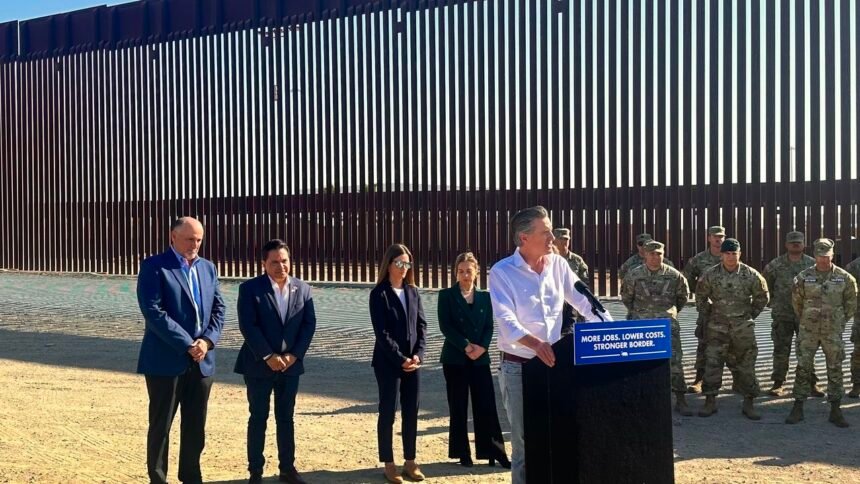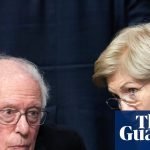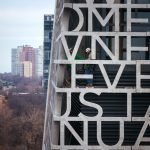California Gov. Gavin Newsom visited the U.S.-Mexico border Thursday to tout progress on the long-delayed Otay Mesa East port of entry, and announced an expanded state role countering drug trafficking.
Why it matters: Newsom used the appearance to assert his renewed focus on cross-border issues ahead of a second Trump administration, emphasizing his view of the border as an economic engine and warning against the impacts of promised tariffs.
Driving the news: California is ready to break ground on an access road as part of Otay Mesa East, a new crossing aimed at eliminating delays for commercial goods, Newsom said in front of the border wall where it will be built.
- He said he expects to reach an agreement with the Department of Homeland Security to staff the new border facility, a key sticking point on the project, before the end of the year.
- Newsom also announced the state would dedicate California National Guard analysts to support Customs and Border Protection on counter narcotics, specifically on stemming the flow of guns and money from the U.S. into Mexico.
Catch up quick: Regional, state and Mexican officials in 1998 struck an agreement to pursue Otay Mesa East, a third San Diego port of entry focused on binational trade, that’s now expected to cost at least $1.1 billion.
- The U.S. side of the project is woefully behind schedule while Mexico’s portion is far ahead. As recently as 2022, it was supposed to be finished by the end of this year.
State of play: Newsom’s announcements amounted to an incremental update, but he said the project is expected to be complete by the end of 2027.
- The San Diego Association of Governments estimated border delays cause $3.4 billion in lost economic output annually for the binational megaregion.
Between the lines: Newsom peppered his remarks with criticisms of the incoming Trump administration, juxtaposing the benefits of improved border mobility with the negative economic effects of the president-elect’s policies
- “A tariff is a tax that you pay for,” he said, of the 25% tariffs Trump has promised to impose against Mexico. “It’s not even complicated.”
- “The impacts of mass deportation on the cost of food in this state, in this nation, are off the charts,” he said.
Yes, but: He attempted to strike a balance on immigration enforcement, outlining when the state cooperates with federal agencies and describing when local law enforcement doesn’t.
- “It’s not black and white,” he said. “There’s nuance here.”
- “California’s posture remains that we do not interfere with the federal government’s right to enforce federal law using federal resources, period full stop,” he said.
The bottom line: Newsom said he’s confident the Trump administration would share his priority for the port of entry, even as he races to finalize the agreement before President Biden leaves office.











